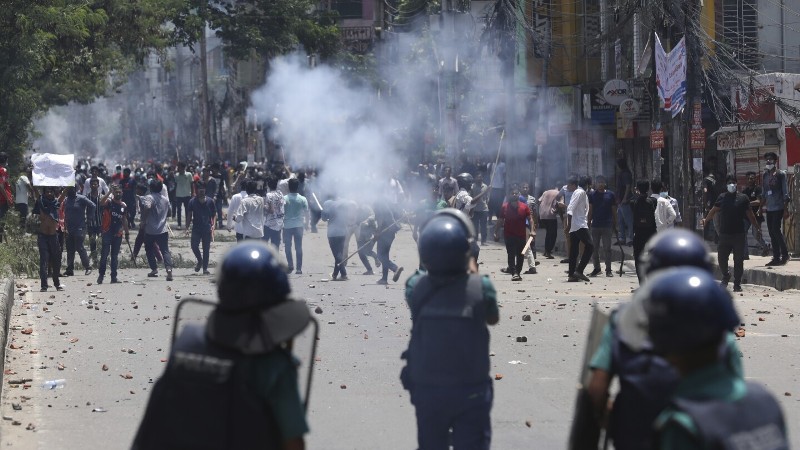As American, British, French and other Allied occupation forces consolidated their position across Europe following the crushing defeat of Nazi German forces in 1945, several hardened SS, Gestapo and Wehrmacht officers made good their escape from the crumbling ruins of Berlin and several other cities and towns of Nazi Germany.
Many of these officers who committed abominable crimes against humanity evaded arrest, surviving as fugitives in small towns and hamlets in Germany, Italy and other European countries before several of them took the “ratline” to freedom in other continental countries and beyond.
The ratlines were elaborate and clandestine systems of escape routes with one that ran from Germany to Spain and onward to Argentia while the second cropped up between Germany and Rome to move to Genoa and subsequently South American countries such Brazil, Uruguay, Peru, Gautemala, Ecuador and Bolivia. One stream of the ratlines ended in the United States, Canada, Australia, Spain and Switzerland.
On August 5, as hundreds of thousands of angry students closed in on Ganabhaban, former Bangladesh Prime Minister Sheikh Hasina’s official residence in Dhaka, many of her Awami League cabinet ministers and party colleagues used localised ratlines that originated from their homes and offices to end up across the India-Bangladesh border.
Some of them, it is reliably learnt, were clandestinely pushed across the border to safe havens in Indian cities, by a senior army officer posted in a district bordering West Bengal.
A second Bangladeshi ratline originated from Dhaka’s Shah Jalal International Airport where several Awami League leaders, including MPs, former parliamentarians, ex-bureaucrats, businessmen, industry executives, former judges and senior intelligence officers took different flights to reach safe destinations in the Gulf and Southeast Asia besides other countries.
Speaking in hushed tones to Northeast News over a secure line, one Awami League leader, his voice quaking and trembling in fear four days after a human conflagration unseated Hasina and led to a second round of killings and mayhem, said, “I am safe and so is my family. But please do something, anything to send across a message to Indian officials so they can influence the interim regime to allow us to hold a condolence meeting (for Sheikh Mujib) on August 15”. Sheikh Mujib, or Bangabandhu, was assassinated by a small clique of army officers on August 15, 1975, at his Dhanmodi residence along with several others of his immediate family members and relatives.
This Awami League leader would not reveal where in Dhaka he was located – and it was pointless to ask him to name the place – but all he would say is that he had little or no knowledge of the whereabouts of other senior leaders, including ministers and MPs. “Many are in hiding but I would not know where exactly,” he said.
When asked whether some of the ministers of the Hasina regime may have escaped to destinations beyond Bangladesh and India, the Awami League leader remained silent.
Besides former ministers and MPs, an unknown number of senior police officers – including those who led murderous campaigns against BNP supporters and even innocent people – went underground as violence engulfed Dhaka, Chittagong and other towns.
Some are said to have taken shelter in surrogate homes in Dhaka or elsewhere while some are said to be in the “protective custody” of the army. There is no knowing when they might emerge from their hiding places but certainly not before “deals” are struck on their safe exit or likely immunity from the highest form of punishment.
ALSO READ: How 2 WhatsApp messages to an Awami League leader from a US State Dept official indicated Bangladesh endgame
At least one senior police officer, widely infamous for allegedly committing human rights abuses, remains holed up in a safe location in Dhaka.
The Mohammad Yunus-led interim regime has so far not made any clear statement on what they intend to do or how they aim to treat senior police officers who allegedly presided over gratuitous human rights violence besides indulging in corruption.















